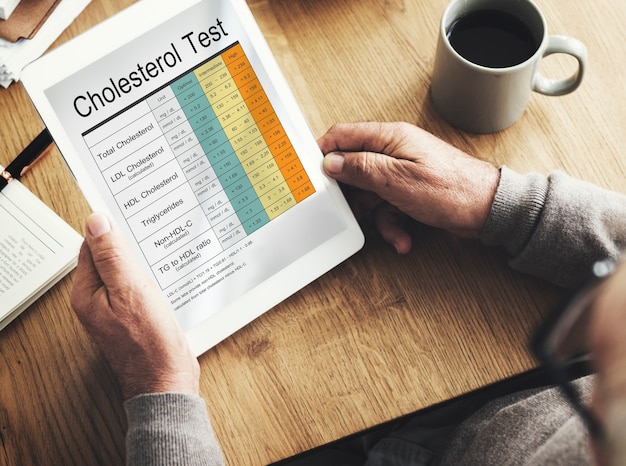
Pancreatic cancer is a serious medical condition. Although it’s not very common in the U.S., it ranks as the third leading cause of cancer-related deaths. One of the biggest challenges with pancreatic cancer is that it’s usually not caught early since screening options are limited. By the time it’s detected, it often has already spread, making treatment more difficult.
The pancreas plays a crucial role in regulating blood sugar levels and producing insulin, which the body uses to turn glucose into energy. It’s located deep in the abdomen, behind your stomach and near your spine. When the pancreas doesn’t produce enough insulin, or when the body can’t use the insulin properly, diabetes develops. There are different forms of diabetes, including type 2 diabetes and type 3c diabetes, the latter being linked to pancreatic diseases.
Because diabetes is considered a risk factor for many cancers, it raises an important question: Could it also be a warning sign for pancreatic cancer? Here are four key points about the connection between diabetes and pancreatic cancer:
### 1. Diabetes by itself doesn’t drastically raise your risk
Just having diabetes doesn’t significantly increase your chances of developing pancreatic cancer. It’s important to note, though, that there’s a distinction between type 2 diabetes and type 3c diabetes. Type 3c diabetes occurs when a condition, such as pancreatitis or pancreatic cancer, impacts how the pancreas produces insulin. If you’re living with type 3c diabetes, you may have a different risk level compared to someone with type 2 diabetes. Regular health check-ups are essential.
### 2. Sudden diabetes or changes in blood sugar could be a red flag
While diabetes doesn’t severely raise your risk, a sudden onset of diabetes—especially in people over 50—can sometimes signal an underlying issue. For instance, if someone who’s never had diabetes suddenly develops it, or if well-controlled diabetes suddenly becomes harder to manage, it’s important to see a doctor. While most new cases of diabetes aren’t related to pancreatic cancer, it’s worth investigating any noticeable changes or concerns. Your doctor may recommend tests to rule out other conditions, including pancreatic cancer.
### 3. Managing weight and diabetes is critical
Keeping your weight in check and managing diabetes can go a long way in maintaining overall health. Obesity, for example, is a known risk factor for many forms of cancer, so staying at a healthy weight is important. To do this:
– **Eat a healthy, balanced diet** with lots of fruits, vegetables, whole grains, and lean proteins. Cut back on processed foods and added sugars, which can destabilize blood sugar levels.
– **Stay active** by aiming for at least 150 minutes of moderate exercise each week to improve insulin sensitivity and lower the risk of complications.
– **Monitor your blood sugar levels** regularly to see how your body responds to different foods and activities.
– **Consult a nutrition expert** like a registered dietitian, who can help you create a personalized plan to manage both your weight and diabetes.
### 4. Be mindful of symptoms
Pancreatic cancer can be hard to detect early, but knowing the warning signs might help. Keep an eye out for:
– **Unexplained weight loss**
– **Jaundice**, characterized by yellowing of the skin or eyes
– **Persistent abdominal pain** that may also spread to your back
– **Changes in appetite**, such as feeling full quickly or losing your appetite altogether
– **Light-colored stools**, which could signal a bile duct blockage related to pancreatic cancer
– A **new diagnosis of diabetes** or changes in already-managed blood sugar levels
If you notice any of these symptoms—whether you have diabetes or not—it’s important to talk to your doctor right away. They can guide you on whether further testing is needed.
### The Bottom Line
Having diabetes doesn’t mean you’re destined to develop pancreatic cancer. While diabetes itself isn’t a major risk factor, understanding its potential links to pancreatic cancer can help you stay proactive. Regular check-ups and taking good care of your health can make a big difference. If you ever have concerns, don’t hesitate to reach out to your doctor or a specialist.